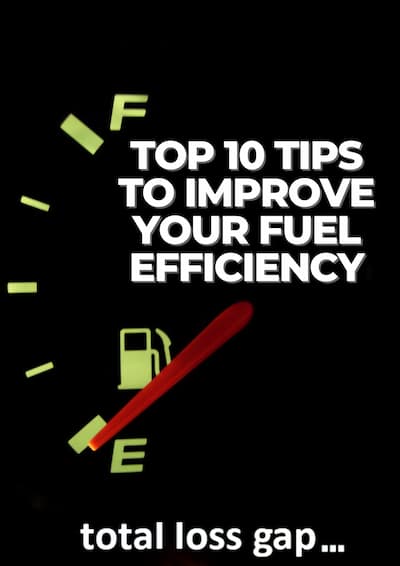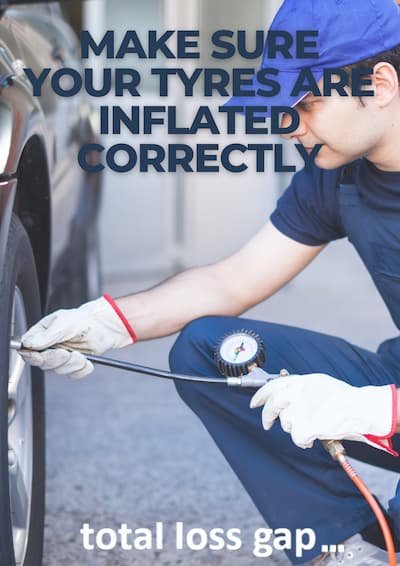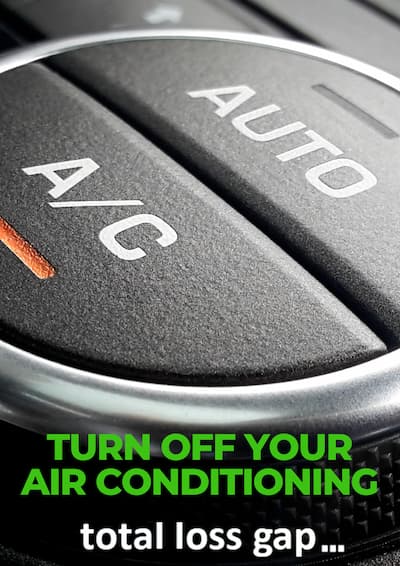Call Monday-Friday 9am - 6pm Closed Saturday & Sunday



[ Contact Us ]
Need Help? Calling from a mobile please call 0151 647 7556
0800 195 4926Do you have a question? or need help?
Call Monday-Friday 9am - 6pm Closed Saturday & Sunday,
Driving a car is one of the most common and mundane tasks that we do daily.
However, it's essential to drive economically because driving inefficiently can lead to higher fuel consumption, more wear and tear on your vehicle, and more significant emissions.
It was recently announced that UK fuel prices had reached an eight-year high, saving money where you can seem more important than ever. 
In this article, we look to give you some tips for how you might increase your fuel efficiency by making small changes in the way you drive.
We will also provide information about what constitutes good driving habits so that you can make sure not to violate any safety regulations or laws while behind the wheel.
Keeping your tyres at the recommended levels will make a huge difference in fuel efficiency. For every one psi reduction (Pounds per square inch) of pressure, you'll use 3% more fuel.
Check that they're inflated regularly to ensure safe driving conditions and optimal fuel consumption.
Also, check the condition of your tyres. If they have uneven wear, are unbalanced, or are misaligned, that can also have a detrimental impact on your driving efficiency.
Your car will require regular maintenance every few thousand miles, and this includes checking the oil level.
When you hit a certain amount of mileage (could be as little as 3000-5000), you'll need to change your car's oil if it hasn't been changed in the past few months.
The same goes for your coolant, which should also be checked and changed at regular intervals.
This will help determine any problems with your engine that could lead to greater fuel consumption.
It would be ideal if you always were travelling at a speed that's in line with the traffic conditions around you.
If your speed is too fast, you won't have time to react to any sudden changes in the road ahead of you.
This can increase fuel use and uneconomic driving, so it's essential to keep your speed steady.
 Use cruise control when possible, or slow down gradually on hills.
Use cruise control when possible, or slow down gradually on hills. Using cruise control will help ensure that you're never accelerating too fast or braking too quickly.
Gradual braking and acceleration will also help to improve fuel efficiency.
Paying attention and keeping your distance from the cars around you will help to reduce fuel usage. Tailgating drivers are more likely to slam on the brakes suddenly, which in turn will increase your chances of having to apply your brakes as well.
Turning on your turn signal will give you a good 5-10 seconds to prepare for the lane change and will help to improve other drivers' awareness of your movements.
This does not mean that you should flip a U-turn in the middle of heavy traffic. Use it when making regular lane changes.
If you live in a city, it's essential to try and find alternative transportation methods when traffic is at its peak. This will improve your fuel economy, reduce your carbon footprint and help you get through the day more efficiently!
If you can't avoid peak hours, then use that time to reduce your speed and relax.
Regular service for your vehicle will help to ensure that your car is in the highest performing condition it can be and will also get rid of any build-up that might occur on your engine. This can reduce fuel useage by as much as 10%.
High speeds can often cause you to burn through your petrol much faster. If you do have to travel at higher speeds, try to increase the amount of time you're travelling at that speed (for example, if you have a 100-mile trip and only drive 60 miles an hour for 20 minutes out of it, then use cruise control or extra caution for the other 80 miles). This will help to ensure that you use your fuel as efficiently as possible.
If you're idling at a red light or waiting on the side of the road for something to happen, then turn off your air conditioning and heat. This will help you to save money since it reduces fuel consumption. 
Carrying unnecessary weight in your car will reduce the fuel efficiency of your engine and can weigh down on your vehicle as well!
Instead, if you need to carry extra weights that won't fit inside your car (such as luggage), try to spread them evenly throughout your vehicle.
Each time you speed up, the weight on top of your car will cause a more significant swing, which can cause unnecessary wear on both the engine and the tyres themselves.
If you're searching for the best ideas to increase your fuel efficiency and get the most out of your car, I hope this list has been helpful. You may find some of these ideas more valuable than others, but between them, they should save you quite a bit of money.
From how much weight should be in the vehicle at any given time (less is more!) to what kind of driving habits you should adopt daily, there are simple changes that can significantly impact how economical your commute ends up being.
Bear in mind these suggestions in mind next time you start planning an extended road trip or when deciding whether or not it's worth taking public transportation today!